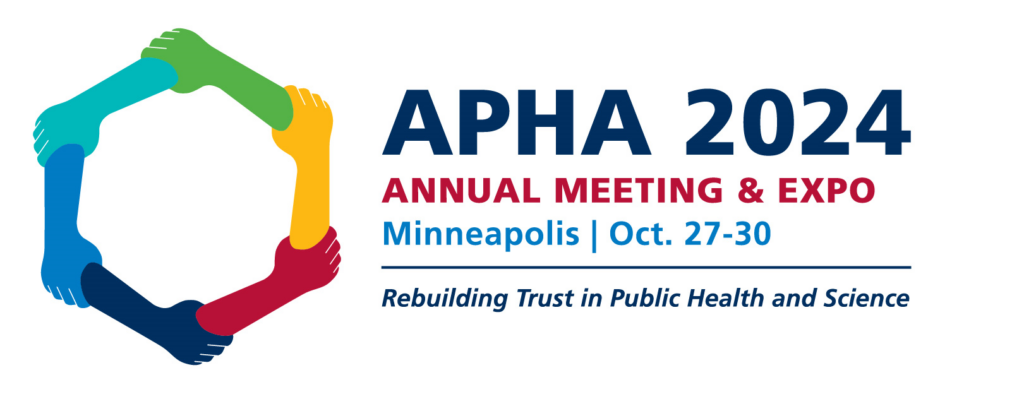Migration histories and systemic discrimination on recent sexually transmitted infection testing among South Asian gay, bisexual, and other queer men living in Canada
Background: South Asian gay, bisexual, queer men (SA GBQM) who have migrated to Canada report racism and homophobia negatively impacting their sexual health. Quantitative data on associations between discrimination and sexually transmitted infection (STI) testing are missing for this population. Objective: Examine associations between migration histories, discrimination, and recent STI testing among SA GBQM in Canada. Methods: We conducted a pooled analysis of Sex Now 2019 and 2021 – online, national, cross-sectional surveys of GBQM (n=18,277). We restricted analyses to SA GBQM and created modified Poisson regression models (adjusted for age, income, education, disability, and HIV pre-exposure prophylaxis use) to determine the direct, indirect, interaction, and combined effects of migration histories (born in Canada versus not) and past-year discrimination (racism, homophobia, or both) on recent STI testing using the Bauer-Scheim approach in this intersectional community-engaged study. Results: Among 469 SA GBQM, 34% were born in Canada and 39% were recently tested for STIs (52% among those born in Canada versus 33% for those not). Of the full SA GBQM sample, 65% experienced racism, 34% experienced homophobia, and 31% experienced both. Recent STI testing was higher among SA GBQM born in Canada [unadjusted prevalence ratio: 1.39 (95%CI:1.17-1.67)]. The adjusted association between migration histories and recent STI testing in the following models were statistically significant (p<.05): 1.40 (1.05-1.88; direct effect), 1.28 (1.01-1.61; indirect effect–racism), 2.07 (1.18-3.63; interaction–racism), 1.82 (1.11-2.99; interaction–homophobia), and 2.16 (1.17-3.98; interaction–both). Conclusion: Anti-oppressive training could improve STI testing for immigrant SA GBQM in Canada by addressing racism and homophobia.
Expertise
Identités sexuelles et de genreMembres et équipe SHERPA
Ananya Banerjee
Professeure adjointe, Department of Epidemiology, Biostatistics and Occupational Health, Université McGill

